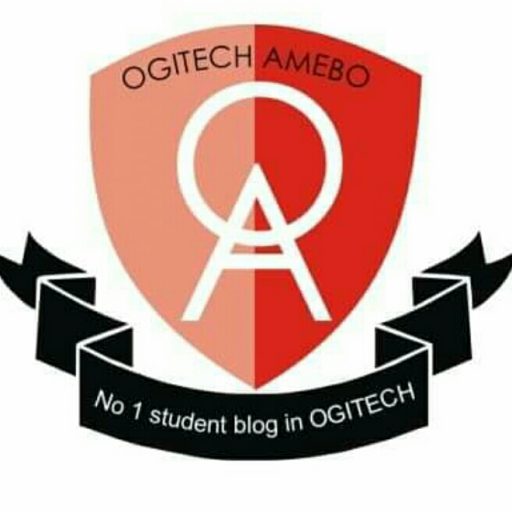
•Academics need mentors – Prof. Selematsela
•Private-Public parnership required to fund research – Prof. Ikupolati
By Dayo Adesulu
Education stakeholders have reiterated the need for academicians to concentrate on solutions-driven research just as international researchers at the on going International Conference on Knowledge and Innovation Management hosted by Babcock University said ”Government is not perusing research, because they are not impactful”. They disclosed that for research to be impactful, it must be contemporary and solve contemporary problems while they stressed that the challenge generally is the need for stakeholders in academics to be pragmatic and for government to provide conducive atmosphere for research .
Professor Pat Utomi, Professor Daisy Selematsela, Professor Ademola Tayo, Professor Iheanyichukwu Okoro and Professor Prince Mike Ikupolati among others spoke on Stimulating a Culture of Knowledge Management and Innovation for Sustainabe Development’ and lamented to dearth of research in the ivory tower.Utomi , the guest speaker,said ”Research suffered a challenge especially under the military and as a result of this, the prestige universities deserve for research depends on power. Inadequate funding has forced many Nigerian researchers overseas to commercialise their solutions.
Artist calls for more research into Nigerian arts and culture
“People in our university system who keep generating good ideas that can move society forward can’t thrive in a stiffling environment. However, I see some gradual changes in the university system and especially some private universities. They look out for what some serious students are trying to do with venturing, creating value and try to facilitate the process. Where is our endorsement in Nigeria, the biggest cassava producer in the world? It’s very important to build our development strategy around endorsements and value chains which some economists define as latent comparative advantage.
” The richest guys in the world came up with some knowledge-based things and many of them started with nothing, but because there was knowledge they could build on, they got it right. We should effectively encourage young people to know that knowledge is the basis of striving. If they see the incentives in converting knowledge to enterprise, they will be motivated”.
In his remarks, Chairman, GIC Nigeria Limited, Abuja, Professor Mike Ikupolati said “We have a beautiful way of providing a bridge between the gown and the town” stressing that without the effective leadership of an organization, it will be impossible for knowledge and innovation management to be impactful. For society to feel the impact of a research, he noted, ”there must be executive buying. Who is an executive in an institution? It’s not the management of the university but functional leadership.
”We need effective leadership to drive knowledge management and until that is done, researching might be difficult. We have single loop learning, a situation where you discover the error and then you correct the error but you don’t change the existing policy, procedures and practises of the organization. Moreover, double loop learning is when you discover the error and modify it. For research to be effective, there must be a bridge between the government and university. There are a lot of research going on in the academic environment in Nigeria, but they need to be utilized by government. Why is government not perusing them?. Research will have impact if it’s contemporary and provides solutions to current problems. The Sustainable Development Commission defines research as development that satiates the need of the present without compromising the ability of the third generation to satiate theirs. We must have development system that facilitates continuity, so research must solve present problems and provide solutions for future problems. If it doesn’t government may not peruse it. We expect stakeholders in academics to look into current problems and research them” .
”There are three processes in research including knowledge generation, knowledge application and knowledge adoption or diffusion. Without the executive and leaders at organizational and national levels, buying into the goals of knowledge- driven research, application as well as diffusion would be difficult. Generally, research must be current and government must be supportive. The academia requires effective funding. Currently, we are on strike and not working. It’s very painful,because we do not wish to stay at home but we wanted to convince government about the need for effective funding. Of course, resources available to government are scarce and it must prioritise. Education is the foundation for development. Though some universities are saying that we are highly ranked but it’s the five top universities out of twenty six universities in South Africa that were supported by government. Every new government in South Africa prioritises resources according to the research strengths of universities.”
Meanwhile, the President/Vice-Chancellor, Babcock University, Professor Ademola Tayo, in his welcome address said that when new knowledge is available, there is learning that enhances an organization’s ability to innovation.
He said: ‘’The Babcock University will continue to work with both the office of Research, Innovation and International Development and the Department of Information Resources Management to ensure that the university maintains and improves on its enviable position today.’’


